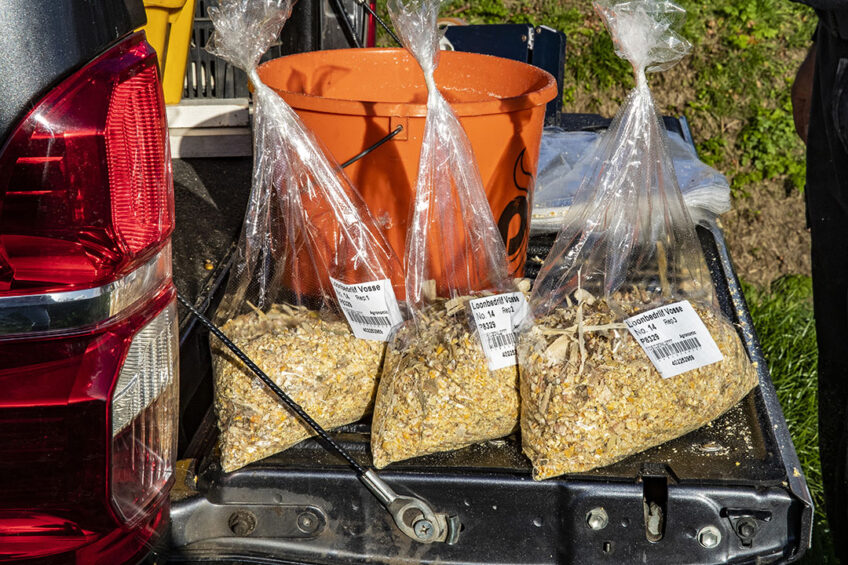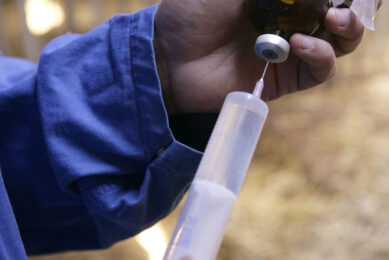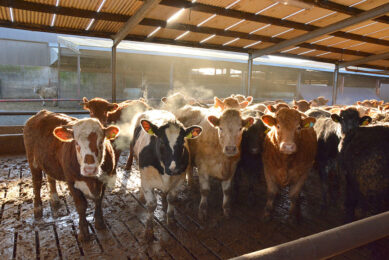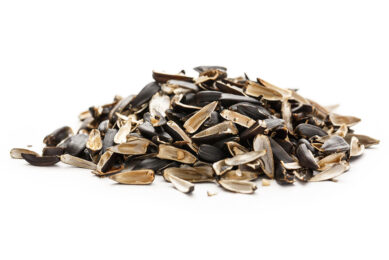Early detection of mycotoxins

Studies on cereals and feedstuffs show a consistent pattern of mycotoxin contamination throughout the world.
Up to 50-80% of cereal crops contain 2 or more mycotoxins, with potential harmful consequences for livestock due to ‘synergistic’ effects. Knowing the feed ingredient input is key to mitigate the health risk caused by the toxins. That is why early detection, starting in the field and follow up monitoring down the supply chain, is important. With that knowledge, sound management practices such as segregation into separate storage units, redirection of contaminated lots to suitable markets, or rejection at the point of delivery can be implemented.
 Beheer
Beheer





 WP Admin
WP Admin  Bewerk bericht
Bewerk bericht